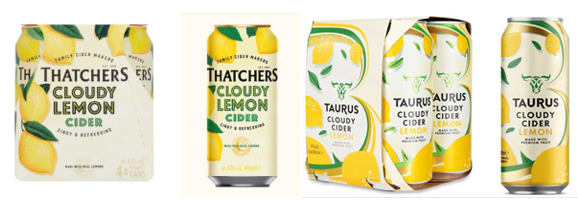No Copyright Protection for Birkenstock Sandals: A Significant Decision from the German Federal Court of Justice
On 20 February 2025, the German Federal Supreme Court (BGH) delivered a landmark ruling in a case concerning the copyright protection of Birkenstock sandals. In its decision, the BGH firmly rejected the claim that Birkenstock’s sandal designs qualify for copyright as “applied art” under German copyright law. This judgment not only clarifies the scope of protection for industrial design works but also contrasts with prior rulings from regional courts in Hamburg and Cologne, highlighting the challenges of determining what constitutes “creative” or “artistic” design in functional products.
Read More
